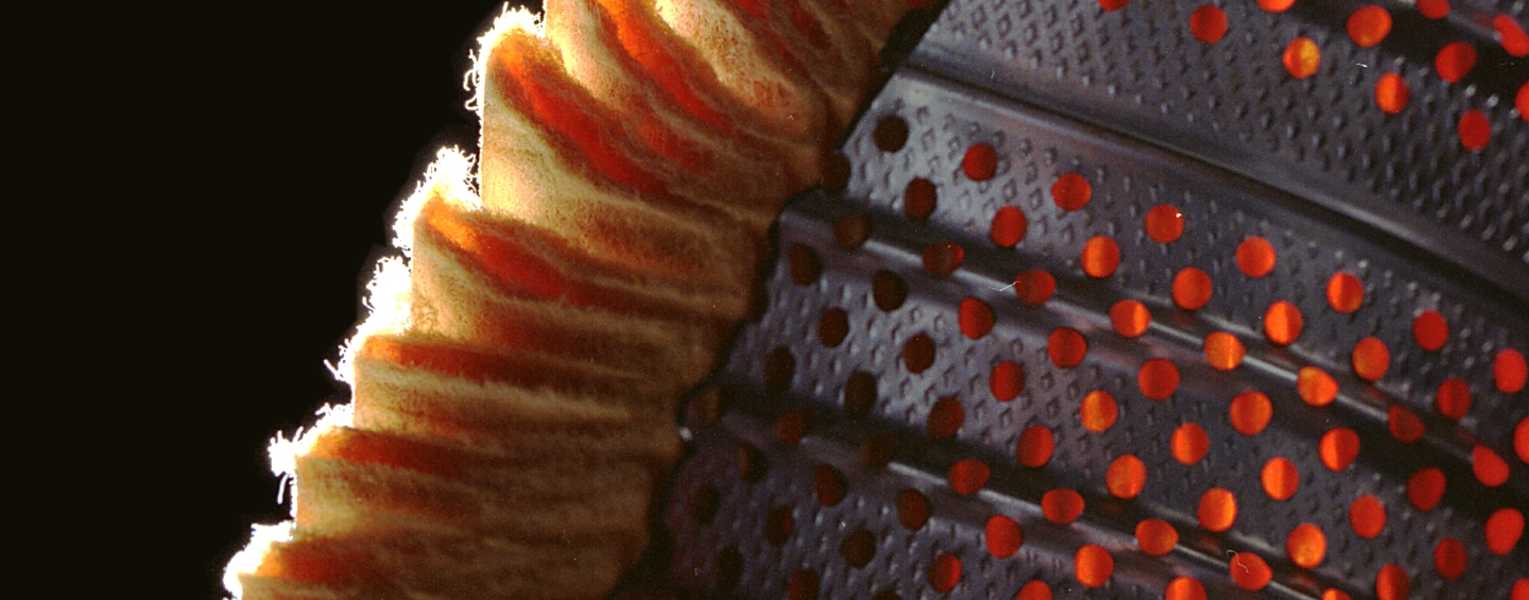The Automotive Filtration Laboratory at Southwest Research Institute characterizes and assesses lubricant oil, fuel and hydraulic fluid filters to determine performance and integrity according to various engineering specifications and standards. The lab provides fluid filter testing and a way to independently evaluate these specialized requirements for configurations and designs that include: spin-on, cartridge, high capacity, low or high flow, flat sheet media, fuel/water separators, single filters and dual/triple configurations.
Applications
- Automotive
- Light- and Heavy-Duty Diesel
- Lawnmower
- Motorcycle
- Construction Equipment
- Locomotive
- Aircraft
- Military Vehicles
- Marine Filters
- DEF
- Transmission
- Home Oil
Automotive Fuel Filter Testing & Research
Our fluid filter testing facility features versatile test systems, which can be configured to measure and acquire information essential to filter manufacture, design, development, cross-reference comparison, or qualification for a specific application. The lab utilizes devices such as particle counters (calibrated per ISO 11171) and water droplet sizers which can quantify the amount of solid contaminant or liquid upstream and downstream of a filter by means of light blockage and light scatter sensing technology.
The Automotive Filtration Lab is certified to ISO 9001 “Quality Management Systems – Requirements” and ISO 14001 “Environmental Management Systems.” The multi-pass efficiency and capacity tests we perform are also accredited to ISO/IEC 17025 “General Requirements for the Competence of Testing and Calibration Laboratories.”
Common Filter Tests
Examples of established filter tests performed at the SwRI Automotive Filtration Lab are:
Fuel Filters
- SAE J905 Fuel Filter Test Methods – Various Qualification Tests Including Performance, Integrity, and Environmental Testing
- Resistance to Flow
- Bubble Point
- Bypass, Anti-Drainback and Relief Valve
- Media Migration
- Collapse
- Hydrostatic Burst
- Material Compatibility
- SAE J1985 – Single Pass Efficiency (Automated Online Particle Counting)
- ISO 19438 – Multi-pass Efficiency (Automated Online Particle Counting)
Fuel/Water Separators
- SAE J1488 – Emulsified Fuel/Water Separation (Automated Online Water Droplet Sizer)
- SAE J1839 – Coarse Fuel/Water Separation (Automated Online Water Droplet Sizer)
- ISO 16332 – Fuel/Water Separation (Automated Online Water Droplet Sizer)
Oil Filters
- SAE J3236 (Previously SAE HS806) and ISO 4548 Oil Filter Test Procedures – Various Qualification Tests Including Performance, Integrity, and Environmental Testing
- Resistance to Flow
- Bubble Point
- Bypass, Anti-Drainback and Relief Valve
- Media Migration
- Collapse
- Hydrostatic Burst
- Material Compatibility
- ISO 4548-12 – Multi-pass Efficiency (Automated Online Particle Counting)
Hydraulic Filters
- ISO 16889 – Multi-pass Efficiency (Automated Online Particle Counting)
- ISO 2941 – Hydraulic Fluid Power - Collapse/Burst Test
- ISO 2942 – Hydraulic Fluid Power - Verification of Fabrication Integrity/Bubble Point
- ISO 2943 – Hydraulic Fluid Power - Material Compatibility with Fluids
Associated and Supporting Test Methods
- ASTM D6304 – Karl Fischer (Water Content in Petroleum Products)
- ASTM D1331-B And ASTM D971 – Interfacial Tension (IFT)
- ASTM D7261 MSEP (Diesel And Biodiesel) And ASTM D7224 MSEP (Aviation) – Water Separation Characteristics By Microseparometer
- ISO 16232 – Road Vehicles - Cleanliness of Components and Systems
- ISO 4405 – Hydraulic Fluid Power - Fluid Contamination - Determination of Particulate Contamination by the Gravimetric Method
- ISO 4406 – Hydraulic Fluid Power - Fluids - Method for Coding the Level of Contamination by Solid Particles
Specialized Testing
- Mechanical Vibration of Filter Coupled With Cyclic Flow to Simulate Real Life Application
- MIL-PRF-8815/31, 32, 33
- SwRI Internal Research Developed Procedure R8723-2018.1
- SwRI Soot Loading Test
- SwRI Designed Test Method to Assist Locomotive Industry in Efficiency and Capacity Testing of Large Filters Using SOFTC-2A to Simulate Soot.

